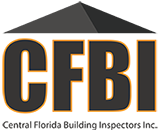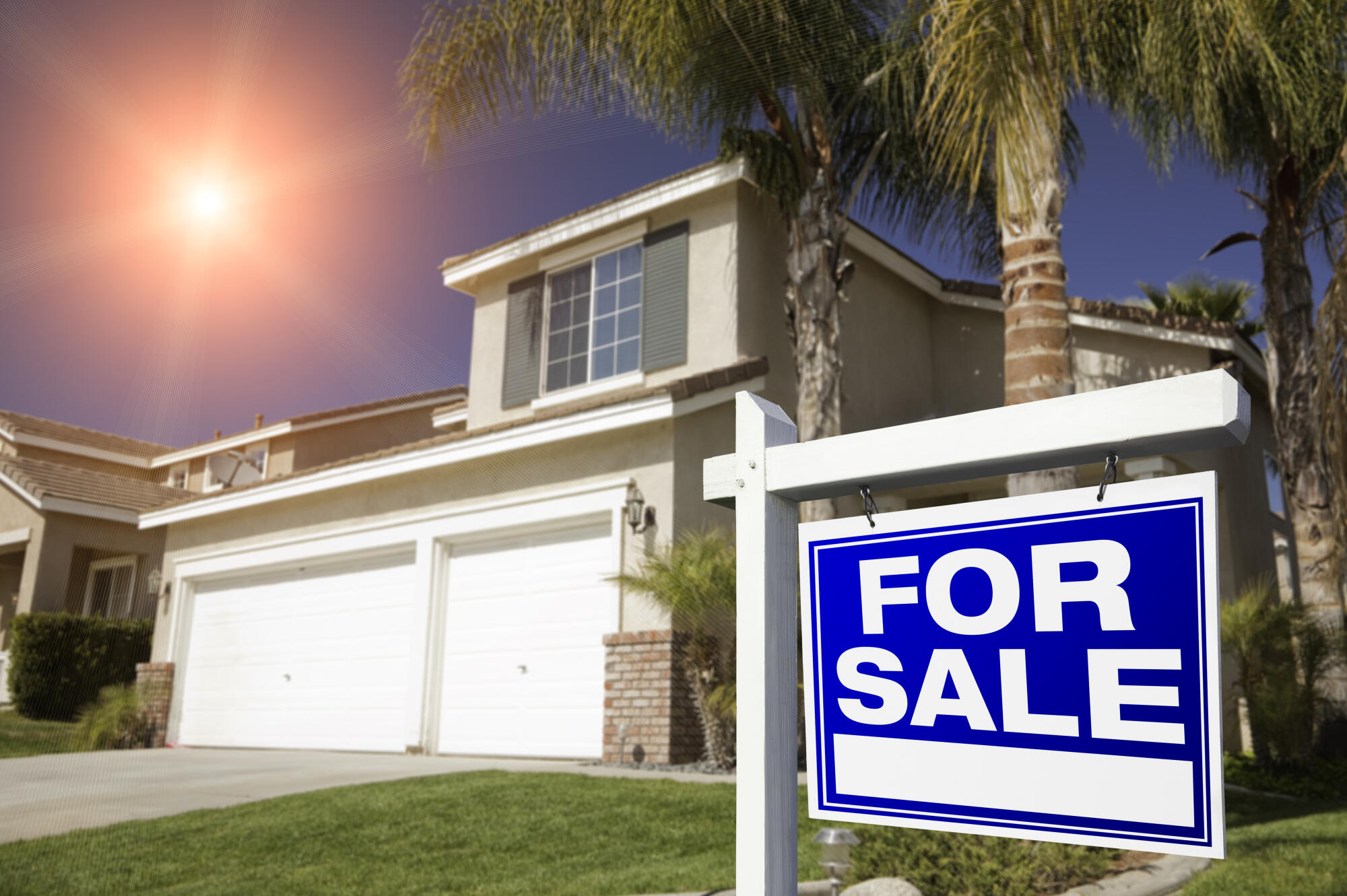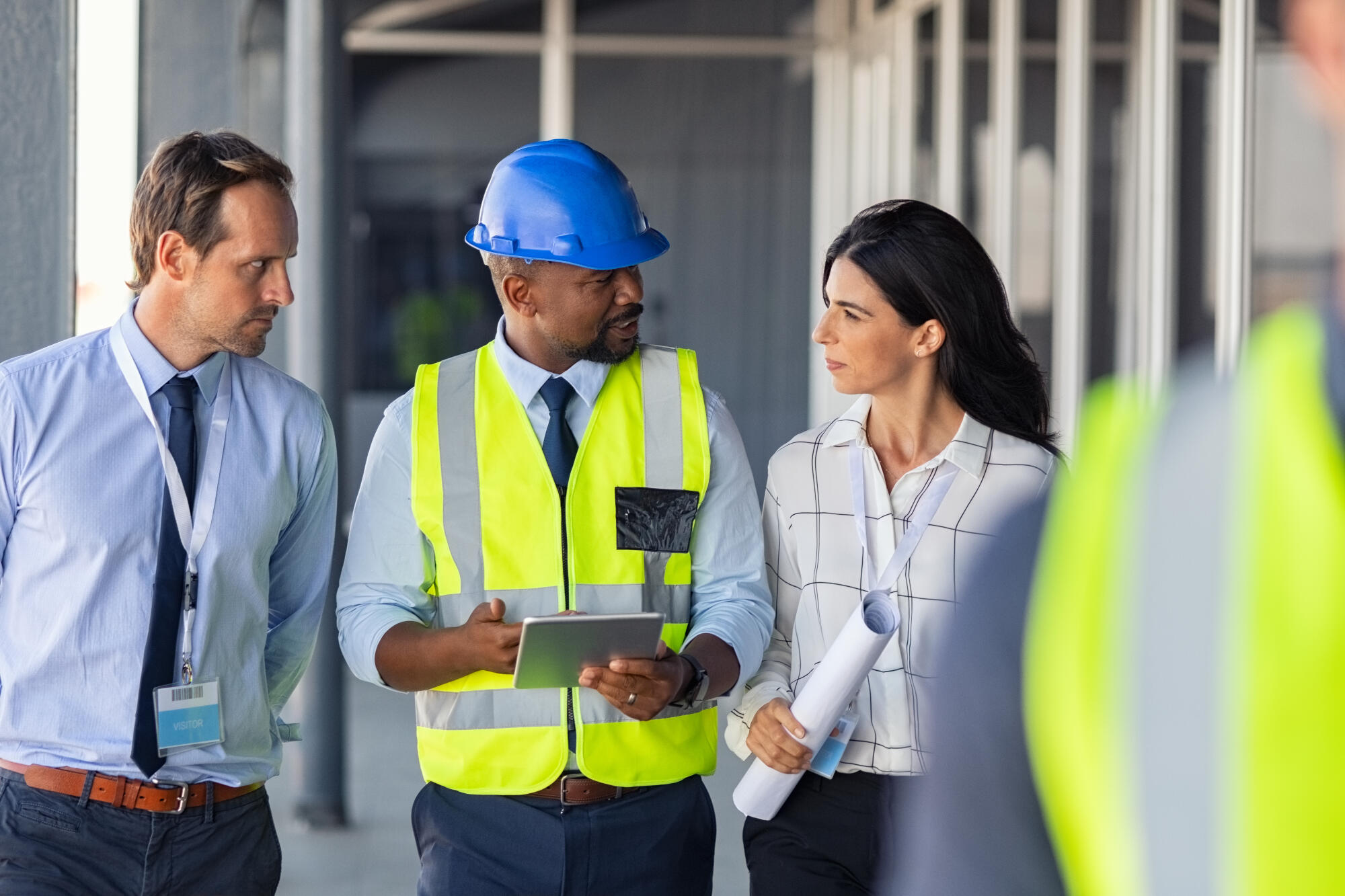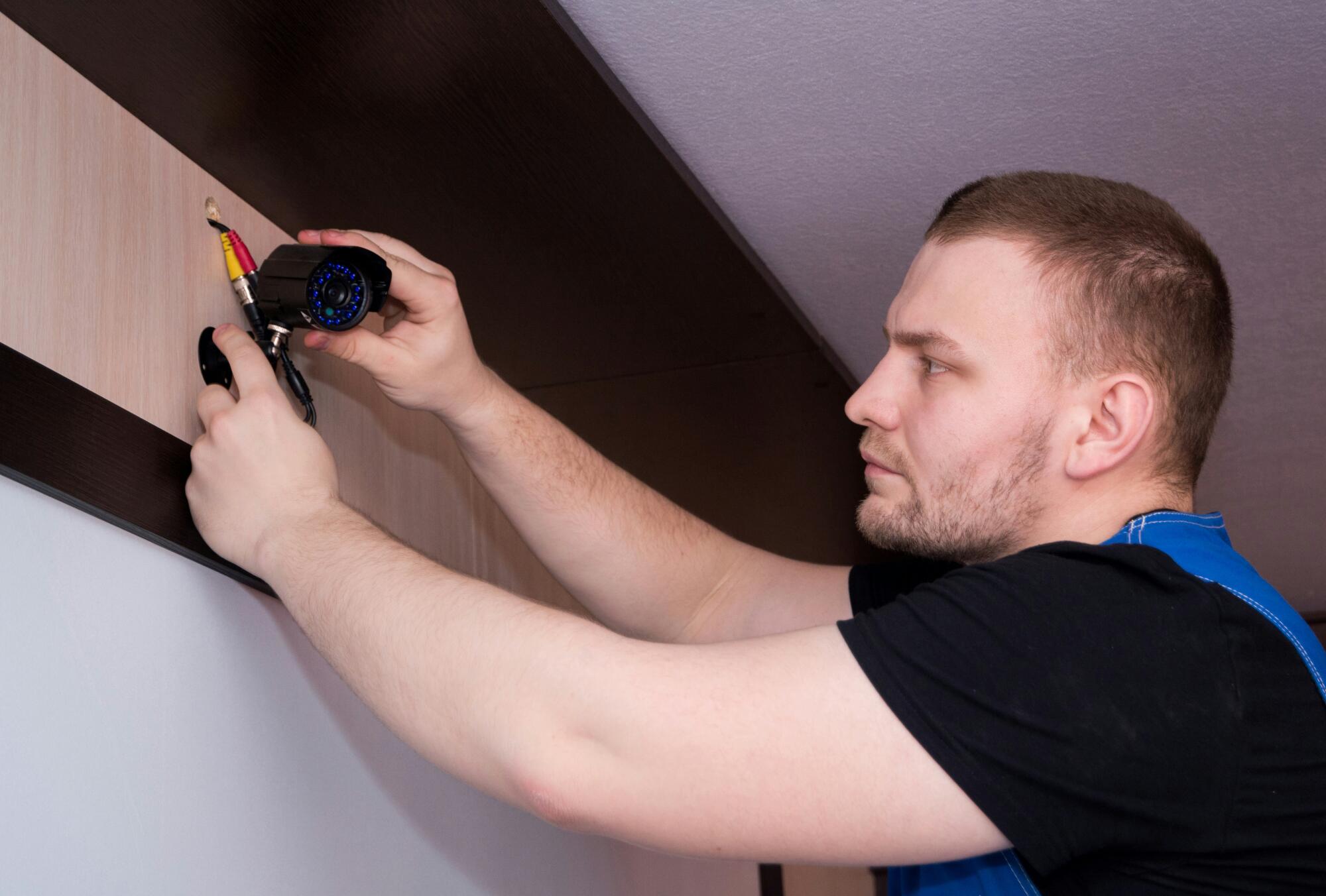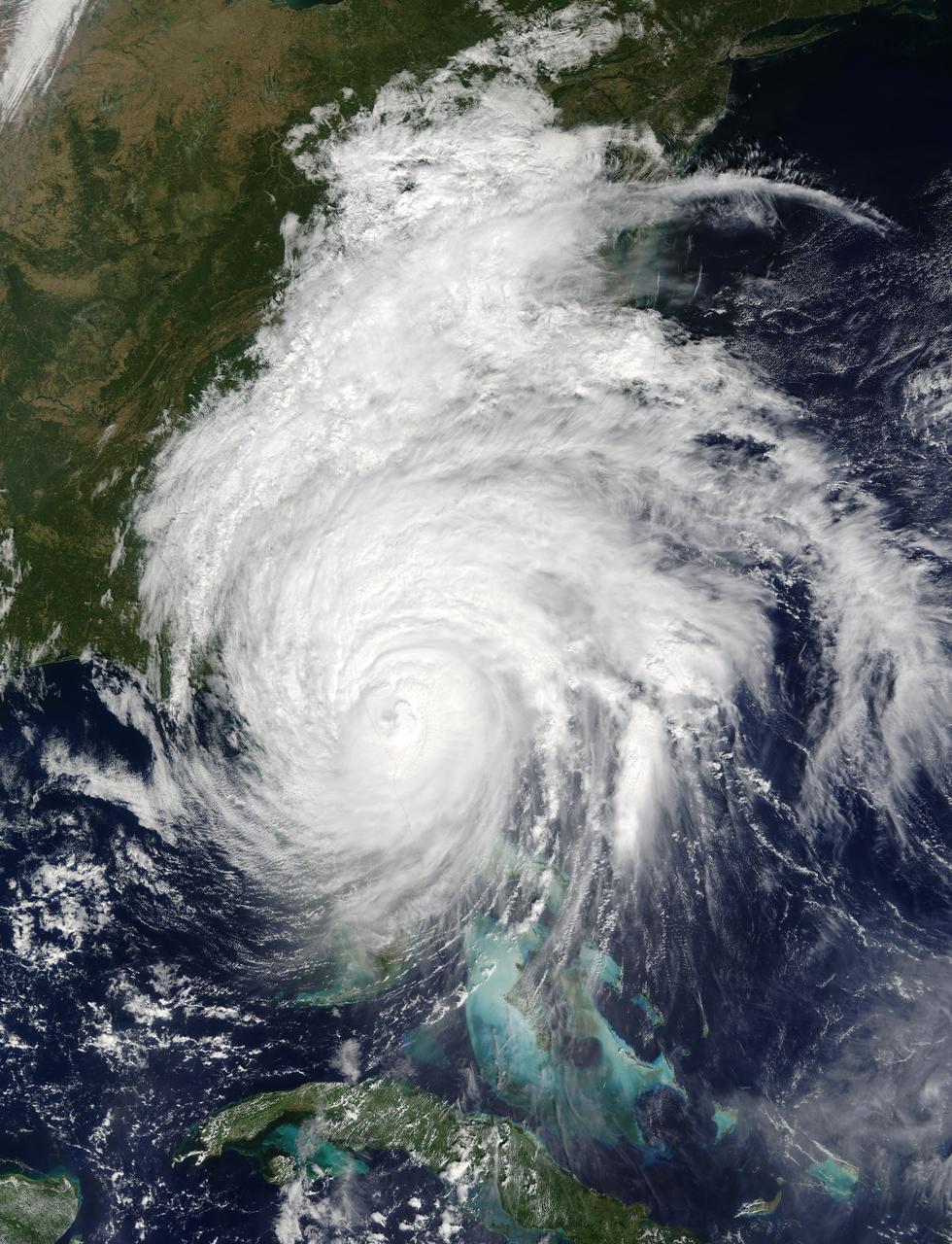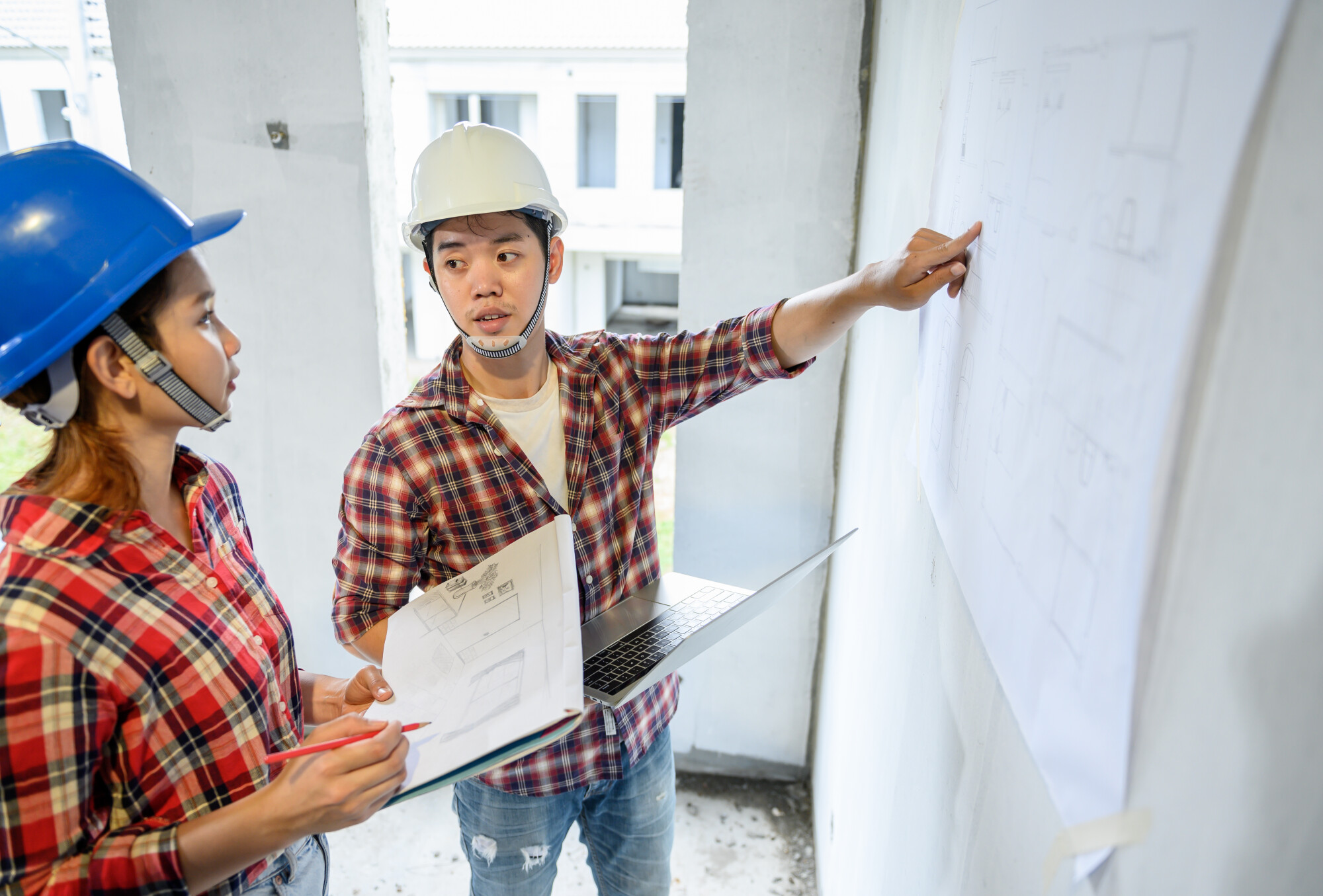According to Consumer Affairs, in just the first two months of 2025, more than 24,000 new-construction homes were sold across 150 of the largest U.S. cities. That’s a staggering number of brand-new builds entering the market.
With the booming housing market in places like Tampa, Ocala, Orlando, and Volusia, many homebuyers assume a new home means a flawless home. Unfortunately, that assumption can lead to expensive surprises.
A new construction home inspection isn’t optional but essential.
A freshly built home might look pristine on the outside, but beneath the surface can lie poor workmanship, rushed finishes, or incomplete systems. Having a proper inspection helps protect your investment and identify any oversights.
Keep reading to learn what makes a new construction home inspection so important and how it can save you thousands.
The Importance of a New Construction Home Inspection
While most construction teams aim for quality, mistakes happen. Here are a few opportunities where mistakes can occur:
- Builders working fast
- Crews rotating out
- Deadlines that are getting pushed back
- Materials that are being installed incorrectly
- Incomplete plumbing
- Wiring not meeting code
That’s where a thorough inspection comes in. A new construction home inspection ensures your home is:
- Safe
- Up to code
- Properly finished before you close
Unlike resale homes, where defects may be more visible due to wear and tear, new homes can hide serious issues behind drywall and under fresh paint.
What Does the Construction Inspection Process Cover?
Understanding how inspections are broken down can help you prepare for each step in the build. The construction inspection process is divided into multiple stages, especially if you begin early enough:
Pre-Drywall Inspection
The pre-drywall inspection is performed before walls are sealed. This allows the inspector to examine:
- Framing
- Wiring
- Plumbing
- Ductwork
- Insulation
Final Home Inspection
The final home inspection is conducted once the home is finished. This covers the following:
- Roofing
- Structure
- HVAC
- Plumbing
- Electrical
- Windows
- Doors
- Appliances
- Safety features
Warranty Inspection (11-Month)
This particular inspection helps catch problems before the builder’s warranty expires. It’s your last chance to request repairs under warranty before you’re financially responsible.
What’s On the Home Inspection Checklist?
Before the inspection begins, it’s important to understand exactly what the inspector will be evaluating. A professional inspector uses a comprehensive home inspection checklist that may include:
- Roof and attic
- Foundation and structural components
- Electrical systems and panel
- HVAC operation and installation
- Plumbing fixtures and water pressure
- Insulation and ventilation
- Garage and driveway conditions
- Exterior siding and windows
- Interior finishes and appliances
Every inspection should be detailed, methodical, and documented. You’ll receive a written report outlining areas of concern, suggested repairs, and photographs.
Top New Build Inspection Tips for Buyers
Many buyers believe that a new build guarantees perfection, but even brand-new homes can have hidden issues. Taking a proactive approach can save you thousands in unexpected repairs.
Let’s look at a few tips to follow.
Hire an Independent Inspector
Don’t rely solely on the builder’s inspection or walkthrough. An independent professional works in your best interest.
Schedule a Pre-drywall Inspection
Once the drywall goes up, it hides all the inner systems. Inspecting before this step allows you to address foundational problems.
Attend the Inspection if Possible
Being there in person lets you ask questions, see issues firsthand, and understand the property better. It also gives you a chance to better visualize how the space will work for your needs.
Review Your Report Carefully
Some issues may seem minor, but could point to deeper problems. Don’t hesitate to ask the inspector for clarification.
Don’t Skip the Inspection Even if the Home Has a Warranty
A builder warranty won’t cover everything. Some problems, like drainage issues or improper installation, can be costly and time-sensitive.
Common Issues Found in New Construction Homes
Even homes built just weeks ago can have problems that go unnoticed during construction. You might be surprised by what shows up in a brand-new home:
- Uneven flooring or improperly installed tile
- Roof flashing defects
- Loose electrical outlets or fixtures
- Poorly installed insulation
- Drainage issues around the foundation
- HVAC ductwork leaks
- Plumbing connections that haven’t been pressure tested
Benefits of Home Inspection for New Builds
Even when a home is brand new, problems can surface fast after move-in. There are several major benefits of home inspection for new construction:
- Protect your investment: Identify issues before they become expensive repairs
- Improve resale value: A well-inspected home gives future buyers peace of mind
- Avoid post-move-in stress: Address problems before you’re living with them
- Hold the builder accountable: Get repairs done before the final walkthrough
Home Inspection Importance in Florida Markets
Florida’s weather, climate, and soil conditions make thorough inspections even more critical. Moisture intrusion, improper drainage, foundation settling, and pest vulnerabilities are common concerns. Areas like Tampa, Ocala, and Orlando are booming, but not all construction quality is equal.
In Central Florida, sandy soils, heavy rain, and high humidity all create conditions where shortcuts can lead to expensive problems. Inspections ensure your new property is:
- Sealed
- Graded
- Prepared for local environmental stressors
Buyers in Volusia and surrounding counties benefit from inspectors who understand regional challenges. Local knowledge makes a big difference in catching things that national builders might overlook.
Choosing the Right Inspector for the Job
Choosing a qualified inspector can make all the difference in catching problems early. When hiring for a new construction home inspection, look for:
- State-licensed inspectors
- Certified mold, radon, and termite specialists
- Inspectors with local building experience
- Clear, comprehensive inspection reports
- Willingness to walk you through findings
Central Florida Building Inspectors meets all of the above standards and more. With deep roots in the Orlando area, our team understands local building codes and environmental stressors.
Protect Your Investment With a New Construction Home Inspection
Avoid regrets, delays, and surprise repairs. Invest in a thorough new construction home inspection.
At Central Florida Building Inspectors, we’ve helped buyers across Tampa, Ocala, Orlando, and Volusia make smart, confident home decisions. Since 1988, we’ve provided accurate, trustworthy residential and commercial inspections throughout Central Florida. We’re family-owned and rooted in the local community.
Let our knowledge of Florida construction standards work to your advantage. Schedule your inspection today with Central Florida Building Inspectors.
